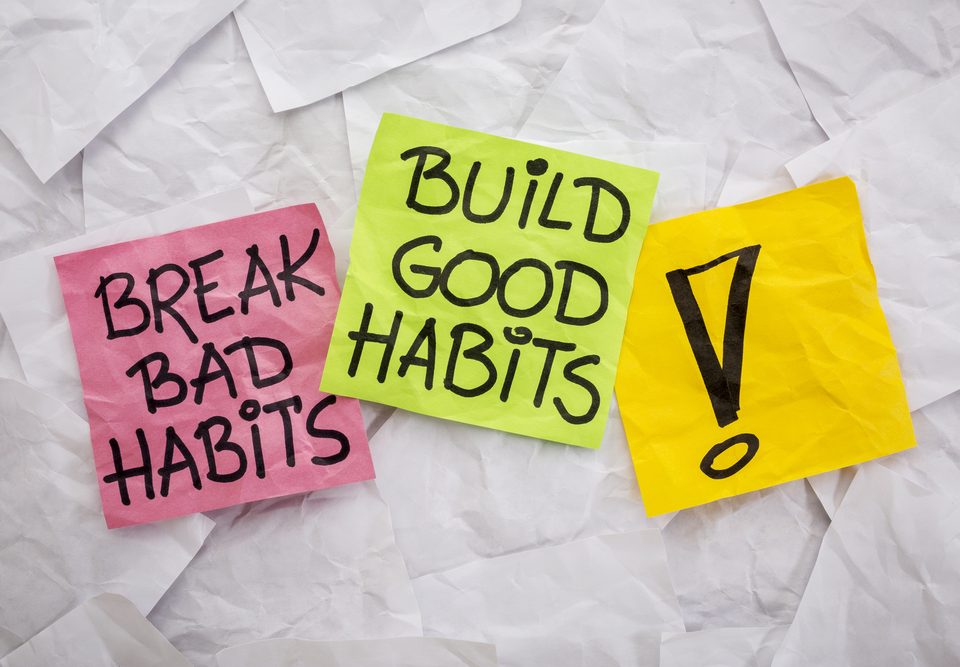
Dripping
August 30, 2021
Teen spending, Status Symbols and the High Price of Fitting In
September 1, 2021College can wreak havoc on a student’s body. Between all-you-can-eat dining hall buffets, unhealthy, but tempting food options on campus, irregular schedules and sleep patterns, decreased physical activity and stress, it can be all too easy for college students to inadvertently develop unhealthy eating habits.
College students can also be susceptible to body image issues. Body dissatisfaction is one of the most consistent risk factors for eating disorders and may lead to low self-esteem, depression and obesity.
A healthy lifestyle plays a big role in mental and physical well-being, including increasing energy, improving mood and cognitive function, and achieving and maintaining a healthy weight during college. Here are a few tips on eating healthy and staying fit at college:
Don’t skip meals. College kids are often on the go and consumed by hectic schedules, which can lead to skipping or missing a meal. Even if you’re just chained to a desk in the library, the body needs fuel (food) to function. Skipping meals actually slows your metabolism. It can also lead to making poor food choices later and overeating. Eating every 3 to 5 hours helps keep your brain functioning optimally and your mood positive.
Snack smart. Students often snack their way through the day and night, but it’s often foods laden with calories, fat and sodium. When snacking is done right, it can curb appetite and help maintain a healthy weight. Keep healthy, portable, easy-to-grab food items in your dorm room or apartment, and toss a few in your bag when you head to class or the library. Having healthy snacks stashed in your backpack can help you resist the temptation of the junk food that’s readily available on campus.
Get moving. Time is a valuable commodity for college students and exercise is often the first thing to fall off the daily to do list. Exercise helps you sleep better at night, improves mood, decreases stress, improves focus for better studying, and makes it easier to achieve or maintain a healthy weight. Aim for 30 minutes of moderate-intensity activity most days of the week.
Drink water. Water is needed by all cells and organs in the body in order to function properly, but college students often reach for energy drinks and other flavored beverages that are packed with calories and sugar. These drinks can cause blood sugar to spike and then crash, disrupting energy levels, increasing hunger, and causing weight gain all too easily.
Get your shut-eye. College students are notorious for not getting enough sleep, but less than six hours a night can throw off hormones that control cravings, appetite and metabolism. On nights that six hours is just not possible, try a nap. No time to go home and nap? Throw a scarf or extra piece of clothing in your bag (and maybe some earplugs) to turn your desk in the library into a quiet, dark area for napping.
Late-night eating. Whether it’s because you’re writing a college essay or studying for a finals, late-night eating is sometimes unavoidable. If you do plan on burning the midnight oil, eat healthy during the day and plan ahead for a healthier late-night options like whole grain tortilla chips and salsa, low-fat cheese melted on a whole-wheat pita or tortilla, or whole-wheat pita and humus.
College is a balance of working and playing hard, and learning what your mind and body need to be happy. With a little extra lifestyle planning, you can help improve your mental and physical well-being.
MASK the Parenting Magazine a quarterly publication providing solutions for Today’s Families.
The parenting manual offering solutions to the modern-day challenges families face. From Pre-K
through College stay up to date on the modern day issues families face.
Are you up to date on the issues your child is facing?
MASK Mothers Awareness on School-age Kids offers parenting solutions for today’s families. MASK tackles important topics – from drugs and alcohol to bullying and Internet safety -and gives students, parents and the community the knowledge and tools to manage these potential challenges.
Subscribe today! https://www.maskmatters.org/product/mask-the-magazine/
Download and share the MASKmatters app now! Made for children, parents, teachers and in Spanish.
Have solutions at your fingertips
Available free on apple and google play links below
Apple https://apps.apple.com/us/app/maskmatters/id1482305692
Google Play
https://play.google.com/store/apps/details?id=com.maskmatters.maskmattersapp&hl=en_US&gl=US




